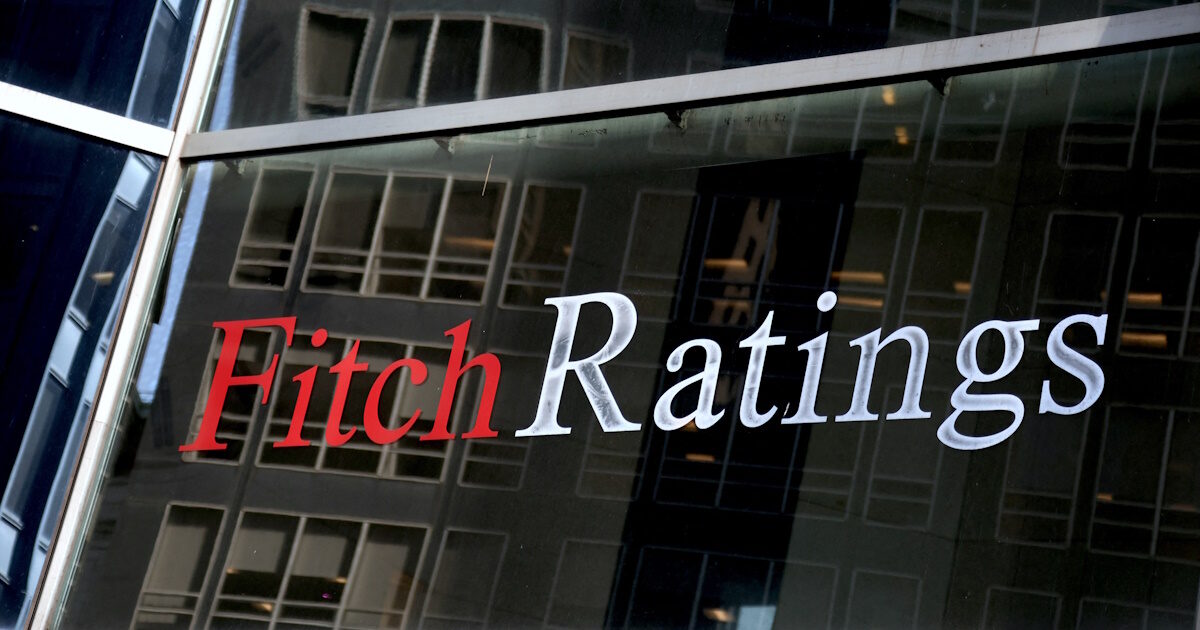Awaiting for future improvements remains her economy Greeceas the evaluation house Fitch It did not proceed yesterday (16.05.2025) – as many expected – to a new upgrade of the country’s credit rating.
On the contrary, Fitch maintained the score on the BBB – upgrading Outlook positively, confirming Greece’s position in the investment level, but paving the way for a new upgrade after the US house’s performance dated 2023.
The decision comes just weeks after the European Commission revised Greek development forecasts, pointing out the country’s strong performance in investment and exports. However, it seems that these positive developments have not been deemed sufficient at present to persuade Fitch to raise the bar of credit rating.
Fitch is one of the four major rating agencies who have placed Greece in an investment level – along with DBRS Morningstar, Moody’s and S&P.
Upgrading Outlook means that the house “sees” a significant chance of upgrading in the next 12 months, with its next report on Greece expected on November 14th.
It is a given that houses, as well as markets, estimate that the Greek economy, although it has gone through a recovery and stability phase, still has “weights” that affect its image.
The country has to face a high stock of public debt, despite the decline in recent years, which makes Greece vulnerable to future interest rates.
In addition, demographic pressures, with population aging and infertility, undermine the long -term growth potential. The weaknesses in the functioning of justice and public administration, which limit the effectiveness of the state should not be forgotten and suspend investment, as this reform has delayed characteristics, and low GDP per capita compared to the average eurozone.
Finally, the high percentage of red loans remaining within the economy should be noted, despite its reduction. Factors that, as a whole, are mentioned by houses as “asterisks” in their ratings.
Specifically, in its announcement, Fitch says Greece has achieved a large budget surplus, a rapid decline in public debt and durable growth. At the same time, he points out that the delay in Tempi research triggered a wave of protests, risking social discontent to enhance the pressure for greater relaxation of fiscal policy, referring in particular to the reimbursement return and the annual reinforcement of 250 euros.
In addition, Greece maintains a higher increase in investment from other EU countries but remains comparatively low, and the question will be relying on when the influx of capital from the recovery fund is over.
What does Fitch’s decision in practice mean
Although there was no new upgrade of the debtor, the positive outlook first confirms that the country is “owned” to the investment level – a crucial milestone for borrowing costs, the participation of Greek bonds in portfolios and its image in the markets, while paving the way for further upgrading.
Especially for institutional investors and houses following strict investment policies, maintaining investment levels and the prospect of further developments remains a significant signal of security and stability.
The attention is now focused on the next evaluation dates, closest to Scope Ratings on May 30, September 5th, DBRS and Moody’s on September 19, which keeps the country at the lowest step of the investment level, as well as Fitch, and possible upgrade to significantly.
